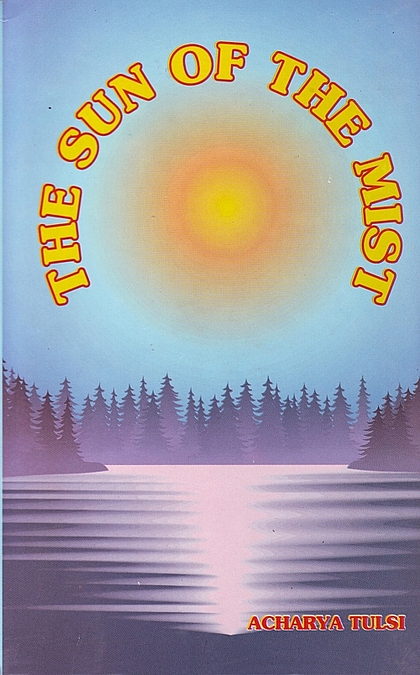In the Indian culture, the tradition of parvas and festivals has been prevalent since ancient times. This tradition has its own history, importance and utility sometimes its history is buried deep under Time's dense layers, but the importance of the festival is not lessened thereby. Tradition usually establishes itself in the form of a public festival.
Dipawali is a festival which is remarkably different from other festivals and which for imbues public life with a spirit of joy. Two things are specially associated with it—cleansing and illumination. Cleansing relates to things as well as persons. Often on the occasion of Diwali, the houses are white—washed, the utensils are polished and sweets distributed. There is a display of fireworks. As regards lighting, the illumining of the mind is thrown into the background; the house, of course, is lightened up with earthen lamps, wax candles and electric bulbs.
Dipawali is generally celebrated as a festival of this world, and in a worldly context. Some people associate it with the return of Shri Flam to Ayodhya, others with Laxmi, the Goddess of Wealth; still others associate it with Dayanand Saraswati and with Lord Mahavir. On the day following Diwali, there is a tradition of mutual coming together. The words “Rama-Shyama;" or “Jai Jinendra;" are common greetings on the occasion. This helps to sweeten mutual relations and infuse in them a new vigour.
According to the Jain tradition, Dipawali is a festival of lights.On the occasion of the final liberation of Lord Mahavir on an amavasya night, the goes studded the sky with gems. The night thus blazed with the glitter of jewels and the dark amavasya (the last night of the dark fortnight) was transformed into poonam, the night of the full-moon. lt was beyond human beings to stud the night’s forehead with jewels, so they lighted earthen lamps to advance a new tradition.
From the transcendental aspect, Dipawali should be recognised as a festival that takes us from darkness to light. Maxims such as ‘From the darkness lead me to light’ are perhaps suggestive of such a festival. If, setting aside superficial activities and merry-making/as secondary, we celebrate Dipawali in its pristine significance as a festival for the adoration of light and consecrate it for the worship of knowledge, vision and character as symbols thereof, this festal day can prove to be a source of greater joy, light and inspiration.
Those incapable of appreciating the true nature of Dipawali, have taken to the observance of certain rituals on this occasion such as, keeping open the door of the house, worshipping currency notes, placing a pen and paper near the place of worship so that the Creator writes a new leaf of their book of fate in accordance with their desire, smearing the doorstep with cow-dung and lighting an earthen lamp and placing it there, etc. Such meaningless rituals are easily taken up by man, but later it becomes extremely difficult to get rid of them. All this requires serious thought. It is desirable that conventions which give no light to the individual, society or the country, are abandoned, and in their stead, some healthy traditions established which may serve to bring enlightenment and fill man's life with light and joy.
 Acharya Tulsi
Acharya Tulsi
